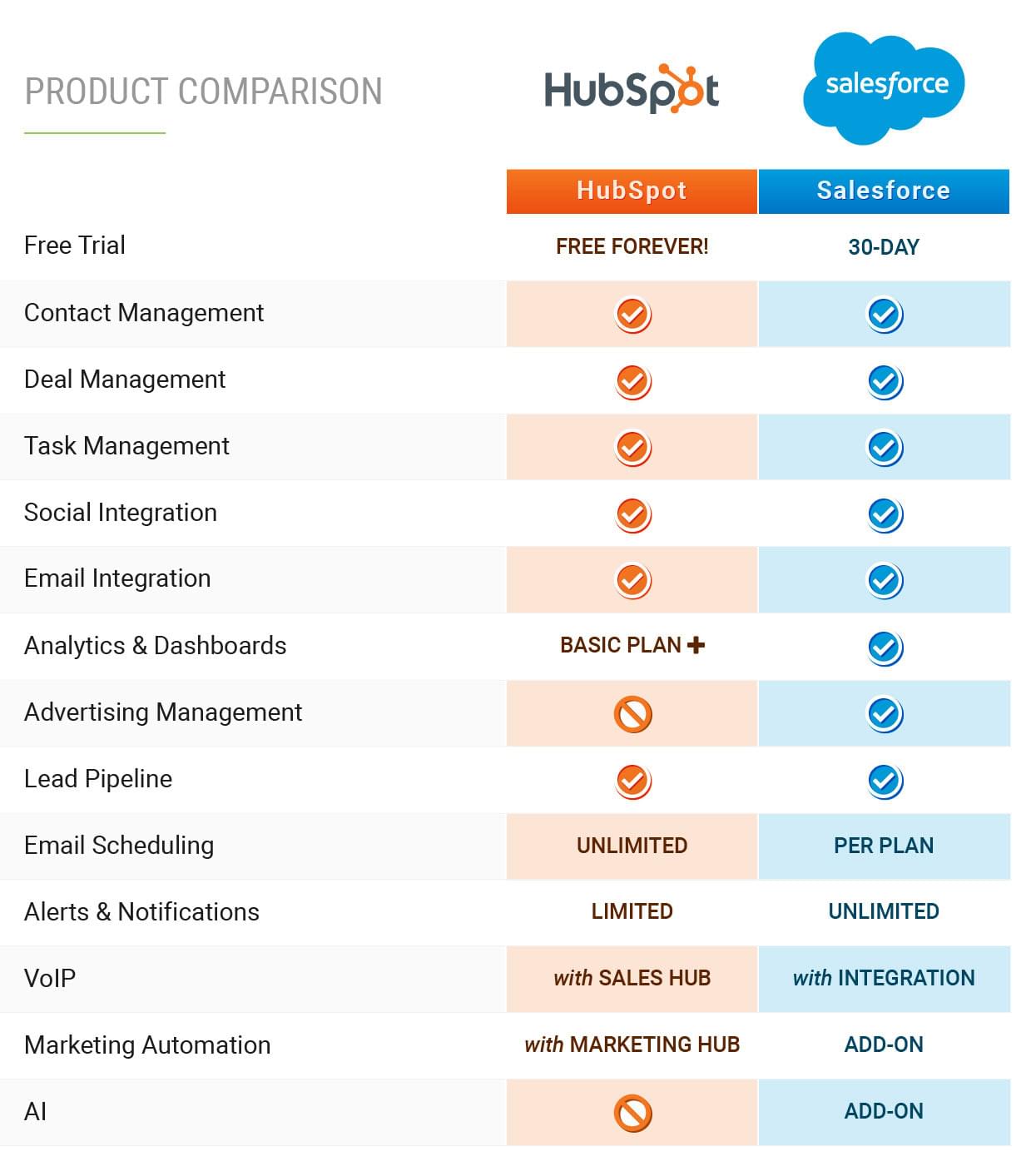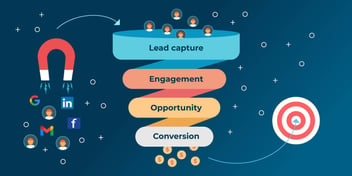
In today's fast-paced business environment, streamlining sales processes and enhancing customer satisfaction are top priorities for companies. One effective way to achieve these goals is through CRM automation. In this blog post, we'll explore the benefits and strategies of leveraging CRM automation to maximize sales efficiency and deliver exceptional customer experiences.
Section 1: The Power of CRM Automation
- Understand the concept of CRM automation: Define CRM automation and explain its role in streamlining sales processes, improving productivity, and driving customer satisfaction.
- Explore the benefits: Highlight the advantages of CRM automation, such as time savings, accurate data management, personalized customer interactions, and improved sales forecasting.
Section 2: Automating Sales Activities
- Lead generation and qualification: Discuss how CRM automation can streamline lead generation and qualification processes, including lead scoring, automated follow-ups, and lead nurturing campaigns.
- Sales pipeline management: Explore the benefits of automating sales pipeline stages, such as opportunity tracking, task management, and automated reminders.
Section 3: Enhancing Customer Engagement
- Personalized communication: Explain how CRM automation enables personalized customer interactions through automated email campaigns, tailored content delivery, and targeted offers.
- Customer service automation: Discuss the use of automation in managing customer support tickets, self-service portals, and proactive customer communication.
Section 4: Leveraging Data Insights
- Sales analytics: Explore how CRM automation provides valuable insights into sales performance, conversion rates, customer behavior, and revenue forecasting.
- Reporting and dashboards: Highlight the benefits of automated reporting and real-time dashboards in tracking key metrics, identifying trends, and making data-driven decisions.
Section 5: Best Practices for CRM Automation
- Identify automation opportunities: Provide tips on identifying areas in your sales and customer service processes that can benefit from automation.
- Implementing automation effectively: Share best practices for successful CRM automation implementation, including data cleanliness, mapping out processes, and continuous improvement.
Conclusion: CRM automation is a powerful tool that can revolutionize sales processes and elevate customer experiences. By leveraging automation for sales activities, customer engagement, and data insights, businesses can achieve higher efficiency, increased sales revenue, and improved customer satisfaction. Embrace CRM automation and unlock its full potential to drive your business forward.





Leave a Comment